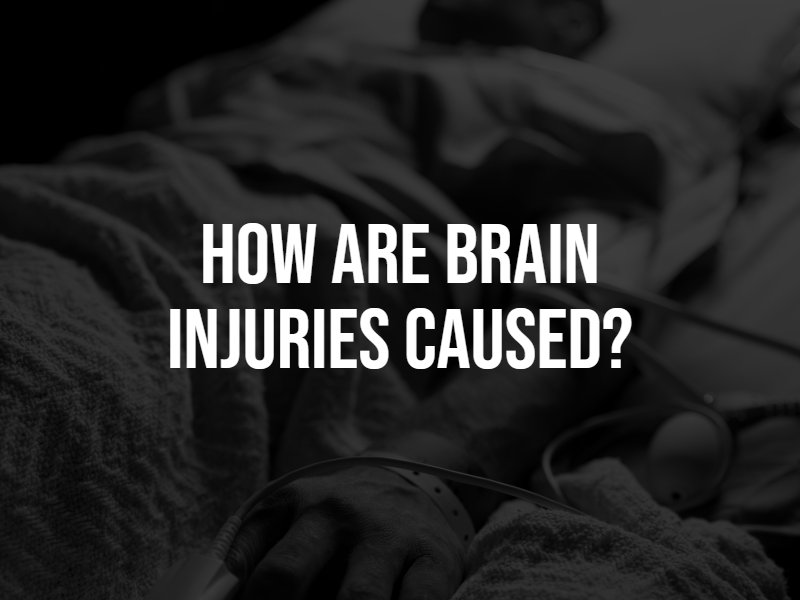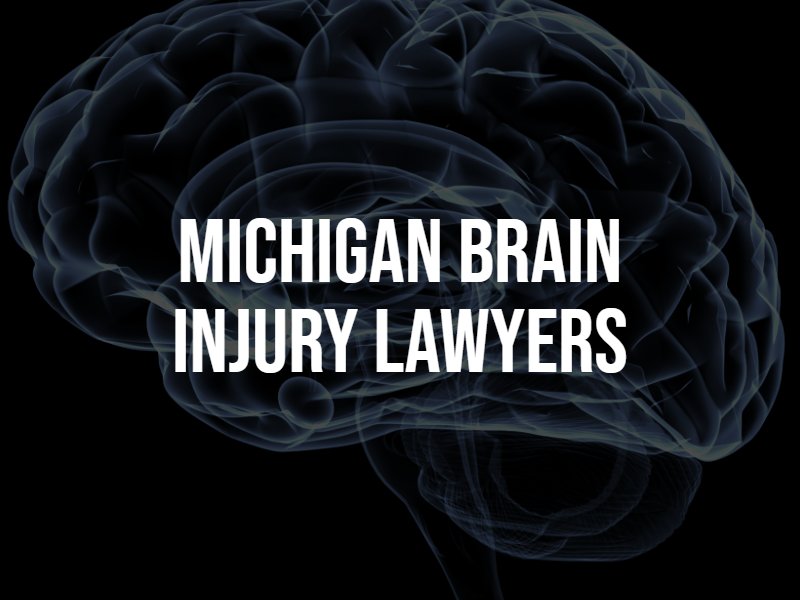What does the future hold after a brain injury? Will your loved one ever function normally again or live independently? If not, how will family pay for round-the-clock medical care needed for a safe, healthy, and quality life? Who will watch after and take care of the person when you no longer can? These are just some questions our clients with brain-injured families have asked our Michigan brain injury lawyers. And for each, we have successfully helped.
The human brain can suffer irreparable damage if struck, jolted, or shaken, or if penetrated by a foreign object. Brain injury can also occur from a lack of sufficient oxygen or blood flow to the brain – often a problem in medical errors (e.g., failure to properly monitor vital signs during a surgery, or giving excess pain medication slowing or stopping breathing), or from medical errors made at a hospital during a child’s delivery and birth. The severity of a traumatic brain injury (TBI) ranges from “mild” to “severe” injuries.

The Centers for Disease Control and Prevention reports that 30 percent of injury deaths in the United States are caused by traumatic brain injury (TBI). Survivors of brain injury face significant impairments of cognition, motor skills, vision, or hearing, or can have headaches, psychological issues, or other problems.
Leading causes for TBI injuries and deaths are:
A person who suffers a head injury with brain damage may lose some, or even all, mental functions. The brain controls not only a person’s ability to think and reason but also control of body functions. Losing even some capability can be significant or devastating for the sufferer or family. If you or a loved one has suffered head trauma, it is important that you seek medical attention and the help of a Grand Rapids injury attorney.
If your newborn child suffers from a brain injury due to medical negligence, please reach out to our skilled Michigan birth injury lawyers today.
Acquired Brain Injuries are head wounds that occur due to something other than trauma or a congenital defect. ABIs are just as serious as Traumatic Brain Injuries (TBIs). Some conditions which may cause an Acquired Brain Injury include:
Many times, doctors do not fully assess the damage that these conditions cause. Once the emergency has passed, they release the patient, even though the patient has sustained a closed head injury.
Initial ABI symptoms are easy to dismiss, contributing to the misdiagnosis problem. Most doctors ascribe things like vomiting and unconsciousness to the trauma of the surgical procedure which addressed the underlying condition. For some TBI victims, symptoms appear months – or even years – later, and may be intermittent or unpredictable.
How do you know if a person suffered brain injury? Certain symptoms should prompt a medical evaluation for brain damage, and even contacting an experienced brain injury attorney in Michigan for resources and help. Symptoms of brain injury include:
Because head injuries can occur in many situations, identifying responsible parties will depend on what happened. Here are a few examples of brain tissue damage caused by carelessness or misconduct of another (negligence):

Legal claims involving severe head injures or a TBI require the utmost in attorney skill and experience. However, TBI cases also require the guidance and expertise of qualified medical professionals. At our Michigan medical malpractice law firm, we have both.
Our Michigan med mal attorneys have a well-earned reputation for successfully handling serious and demanding personal injury cases. Our professional staff includes a full-time, master-degreed nurse. We understand both the law and the medicine involved in brain injury cases. This unique position allows us to perform medical reviews of our clients’ head injury cases quickly and efficiently so that our Michigan TBI lawyers can start building a case as soon as possible.
If you or a loved one has suffered a traumatic brain injury, contact the Buchanan Firm today. Our Michigan TBI lawyers offer a free and confidential case evaluation and medical review and only charge a fee when we are successful in recovering compensation on your behalf. .